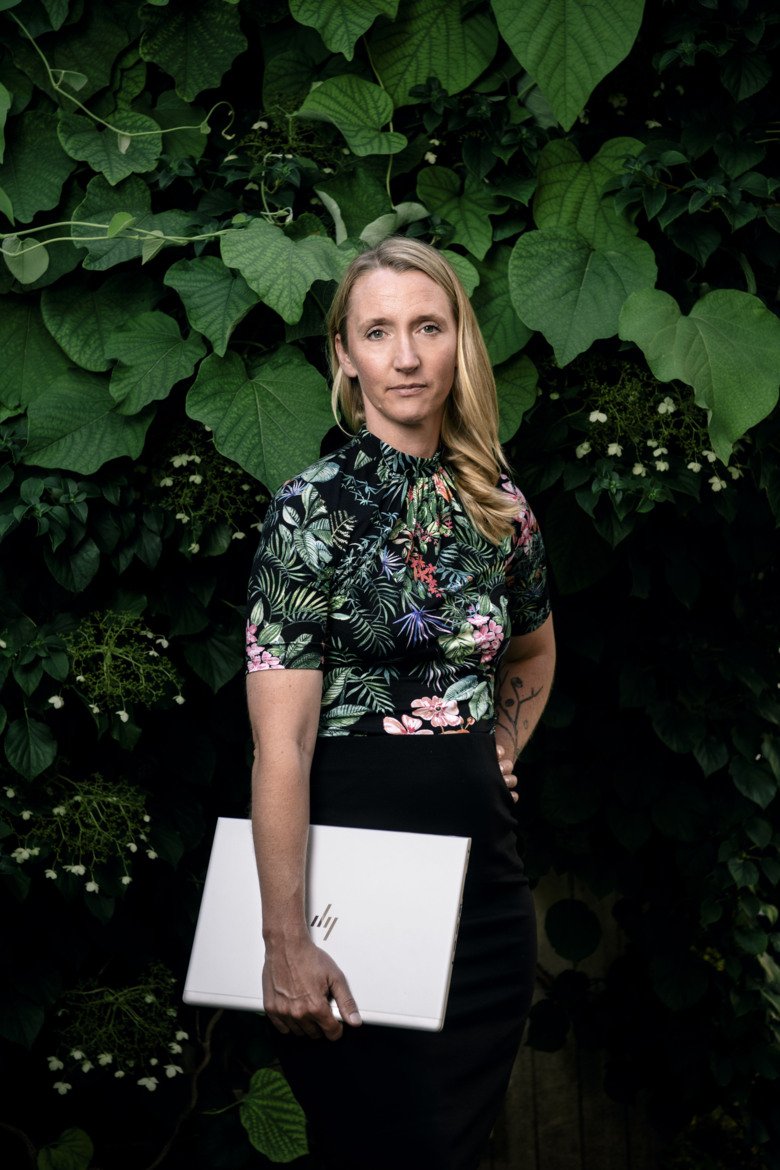Wallenberg Clinical Fellows 2020 awards project to find new methods for treating cancer
Marie Holmqvist, associate professor at the Clinical Epidemiology Division at the Department of Medicine Solna, are one of two who has been appointed Wallenberg Clinical Fellows 2020 award for her research project “Cancer in systemic rheumatic disease – occurrence, genetics, prediction and consequences”. The project studies why cancer is more common in patients with systemic rheumatic diseases and how we can predict which patients will develop cancer earlier, so we can intervene.

What does the grant mean for you and your research?
“It is a great honor to receive this award, as it is wise people who have read and apparently appreciated the clinical value of the research we are planning. My employees and my main focus is to best answer questions that can lead to improved care for our patients. This three-year grant gives us the opportunity to plan more long-term, and I hope that we can best manage the trust the grant entails” - sais Marie Holmqvist
Compared to the general population, patients with systemic rheumatic disease have significantly increased mortality. Cancer is one of the most common causes of death and the most frequently occurring diseases in these patients, but there is limited knowledge about why this group develops cancer.
Marie Holmqvist wants to investigate the genetic and clinic characteristics of cancer in patients with systemic rheumatic disease and the prognosis for the affected patients. Thanks to an international cooperation with several universities in the Nordic countries, her research group will track patients over time to see if they develop cancer. They will first undergo genotyping to determine their exact genetic characteristics, and modern epidemiological methods will be used to examine which types of cancer affect these patients and the role of individual genetics in this context.
About Wallenberg Clinical Fellows program
The purpose of the Wallenberg Clinical Fellows program is to encourage clinical research by Swedish physicians. The funding is for three years. The program is supported by the Marianne and Marcus Wallenberg Foundation and the Royal Swedish Academy of Sciences is responsible for the scientific evaluation.
